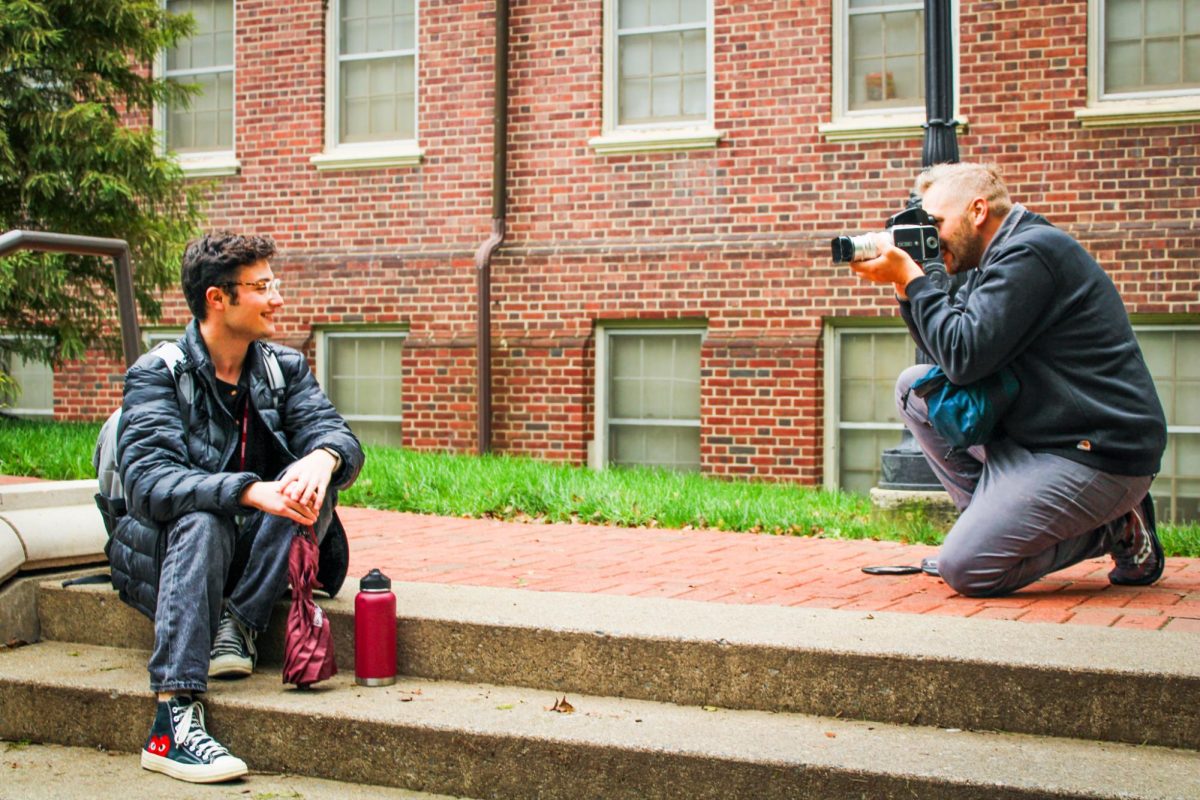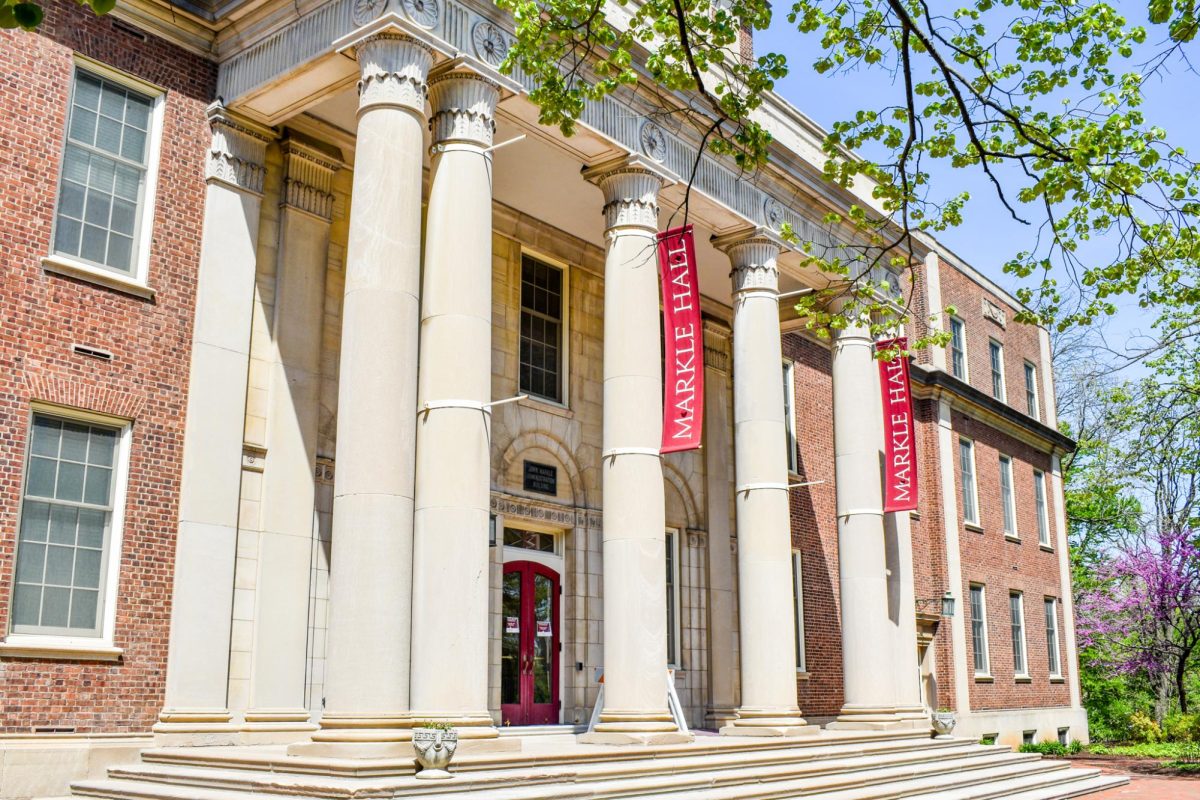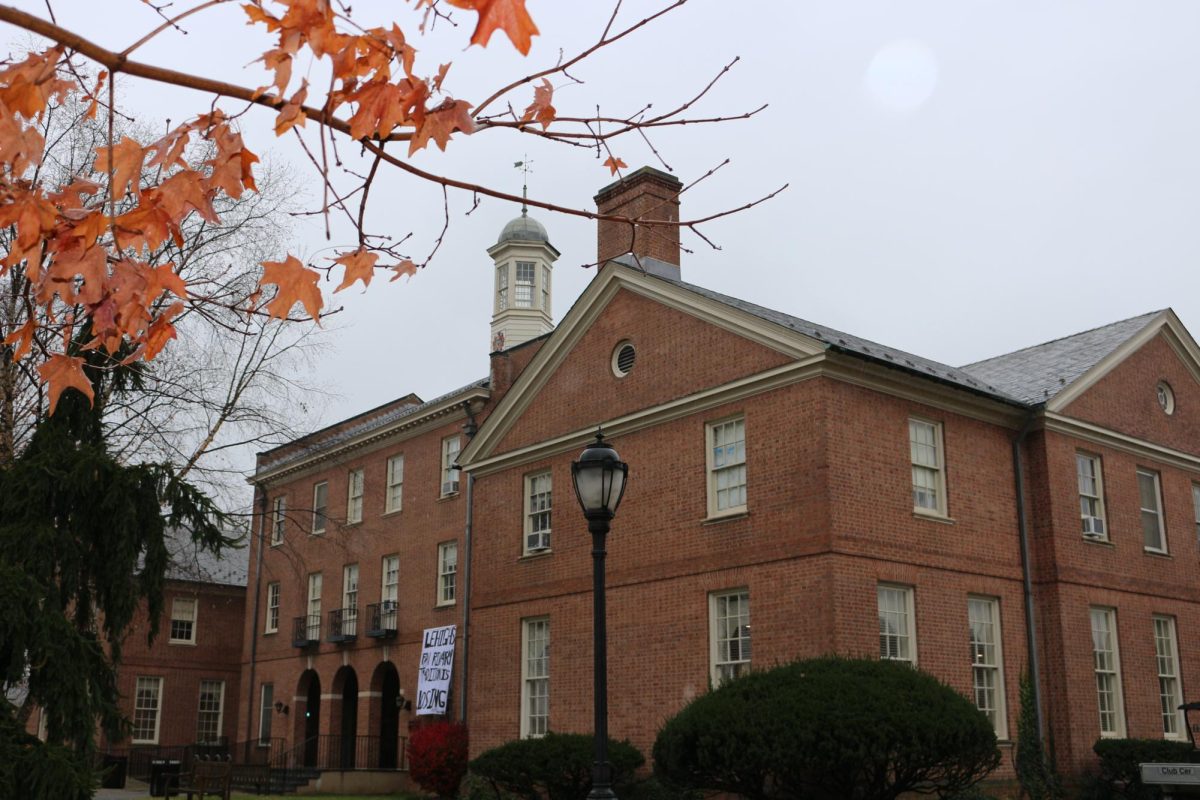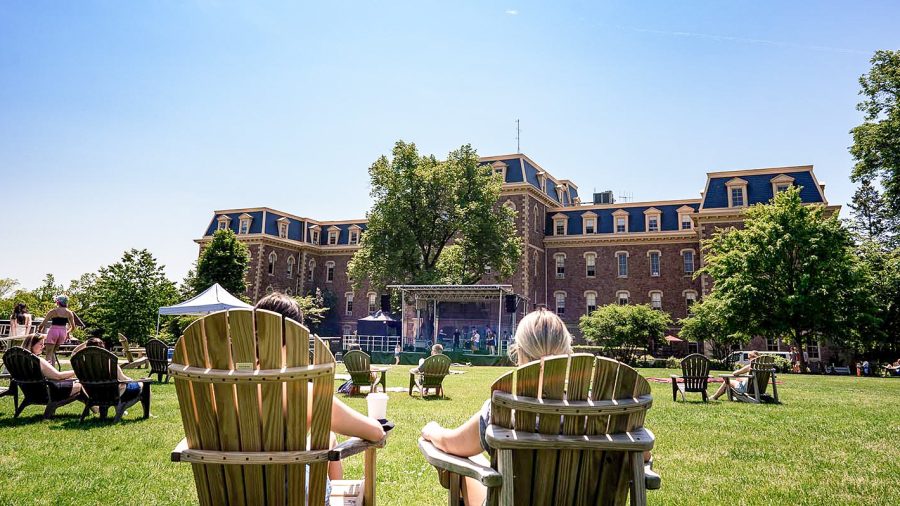From All College Day to the Spring Concert to now Lafchella, the end-of-the-school-year concert has evolved over the last 40 years in an attempt to keep things entertaining, safe and sustainable while allowing students to shake off their winter coats and enjoy the warm weather.
“I think the purpose was that people were looking when the weather’s nice to get outside to utilize the campus to come together,” Melissa Dalrymple, associate director of Student Involvement, said. “[It is] similar to what we have in the fall for rivalry week.”
All College Day was the first iteration of this tradition, but drinking culture led to its replacement after 2012 when, according to lehighvalleylive.com, then-first-year Everett Glenn died from alcohol poisoning on the day.
“[All College Day] turned into something that was not representative of Lafayette,” Dalrymple said. “The intent was just missed.”
However, the same issues which plagued its predecessor also affected the Spring Concert.
“The same thing that happened with All College Day ended up happening with the Spring Concert,” Bryn Cranswick ‘23, president of the Lafayette Activities Forum (LAF), said. “It became very much a large kind of binge drinking day and we weren’t getting that community feel that we really wanted.”
Outside of drinking problems, issues also began to arise with the high cost of the concert.
“[The Spring Concert] lasted less than 2 hours, [and was] limited to one headliner and an opener,” Dean of Students Brian Samble wrote in an email. “Student Government provided funds that exceeded $100,000.”
The Spring Concert suffered from high costs due to increasing student demand for more famous performers. However, students were unwilling to pay the costs associated with names such as Macklemore, T-Pain and the Chainsmokers.
“I think when people come and hear that these people have performed, each year they expect a higher caliber,” Dalrymple said.
Those issues, compounded with the restrictions brought by the pandemic, led to the introduction of Lafchella. It scrapped the Spring Concert’s restrictions on time and cost by incorporating a mixture of local performers and student bands alongside a small headliner. Students also had the opportunity to partake in activities such as eating from food trucks, painting tie-dye shirts, getting flash tattoos and taking photos in a 360-degree photo booth.
Samble described Lafchella as a more relaxed, laid-back version of the Spring Concert.
“You can bring a blanket, run over to a food truck parked beside the stage, read a book under a tree and enjoy the music with your friends on the Quad,” he wrote.
This year, Lafchella will be on April 29 from 1 p.m. to 5 p.m. on the Quad.
“[The concert] will have food trucks and lots of merch giveaways … and [for the] week leading up to it have different giveaways and little scavenger hunts on campus,” Cranswick said.
Cranswick sees the future of Lafchella as the spring version of Fall Fest, an event on the Quad that celebrates the start of autumn.
“I think it’s a great way for the whole community to get together,” Cranswick said.
Dalrymple said that events such as Lafchella should be tailored toward the needs of students.
“I think the most important thing we can do is program events and activities to the current students. If it doesn’t work anymore, it’s okay to sunset traditions,” Dalrymple said. “I think right now Lafchella really works.”






















































































































